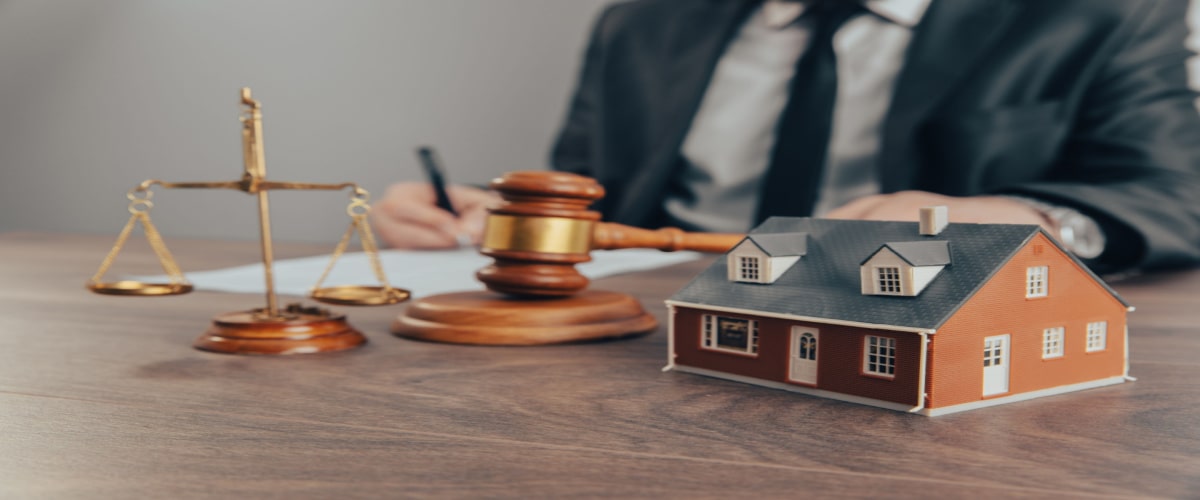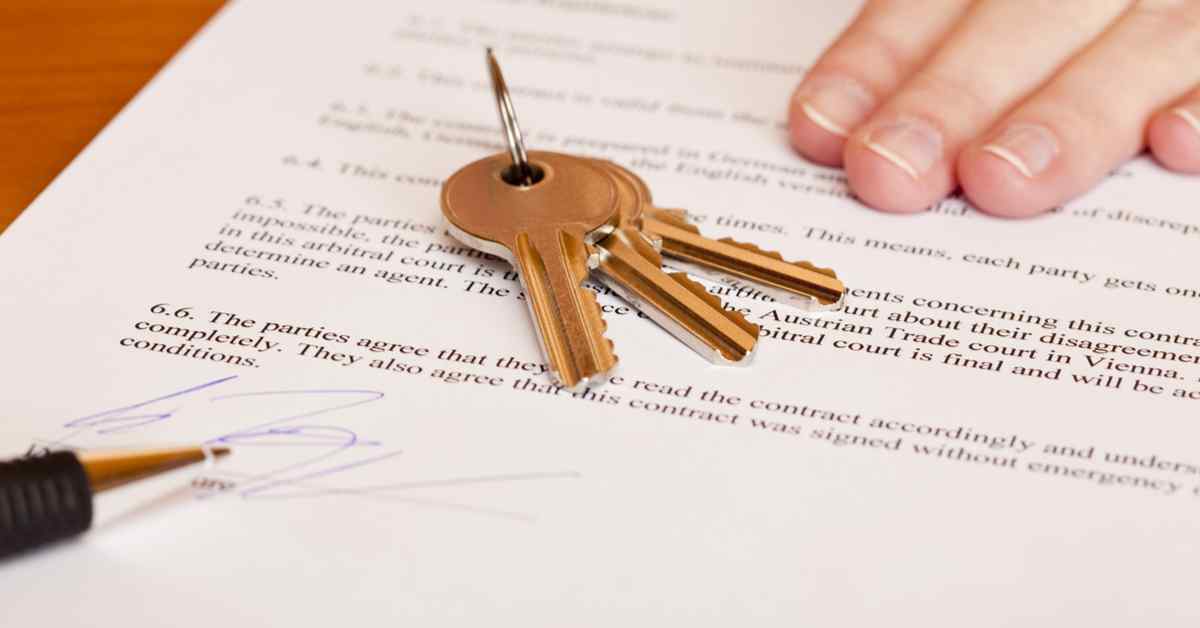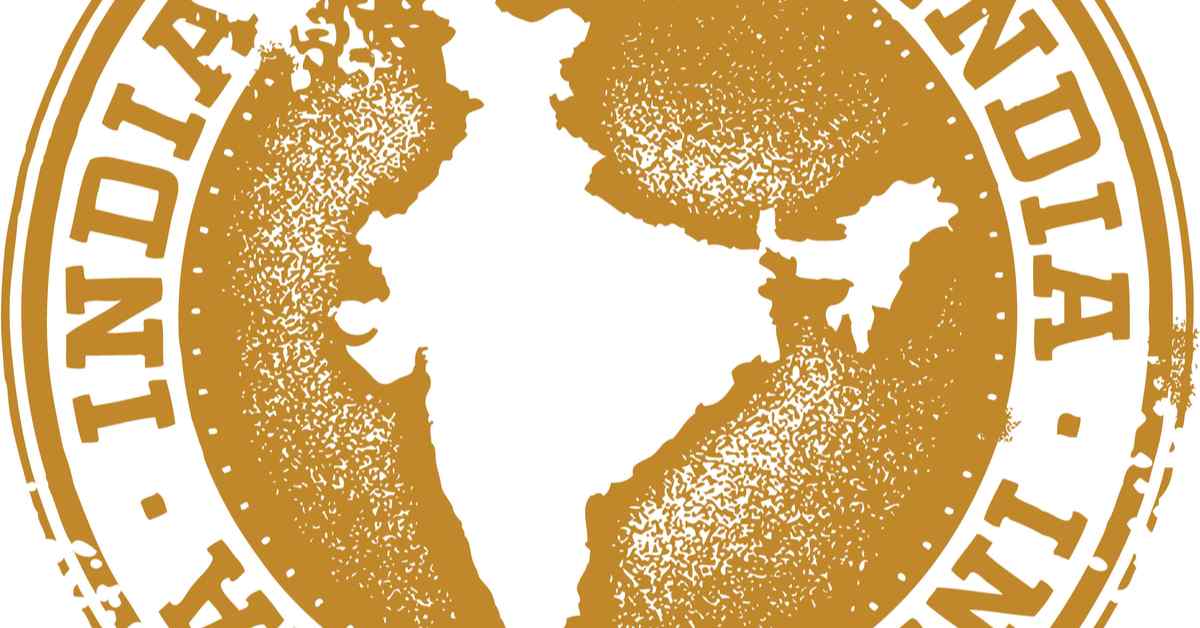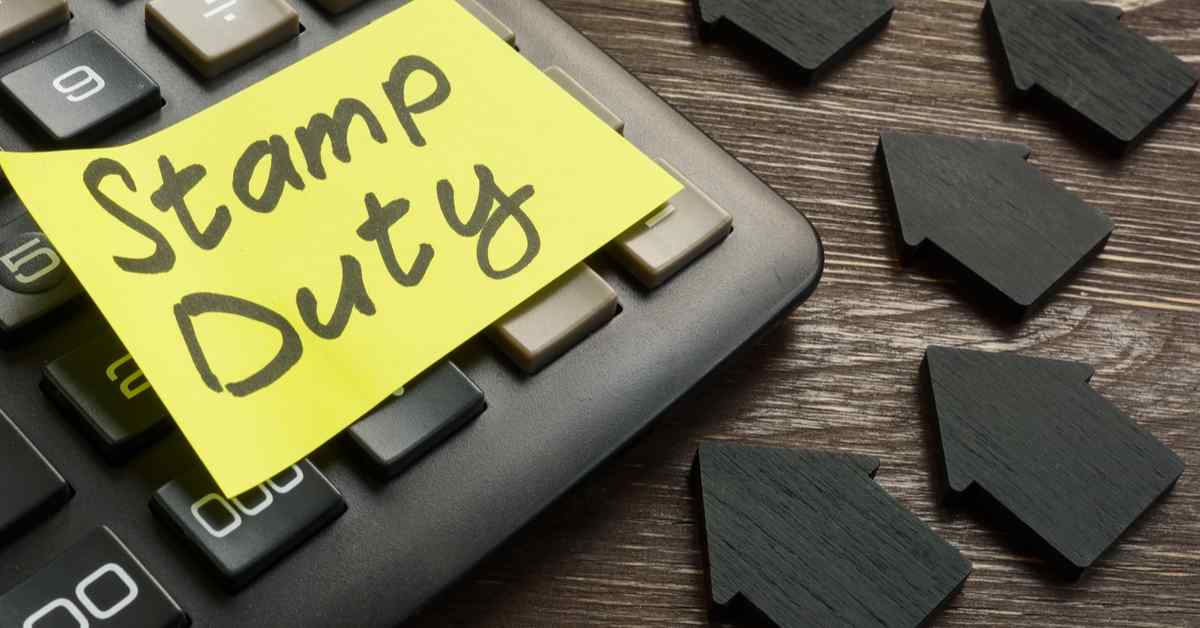Table of Contents
Quality Service Guarantee Or Painting Free

Get a rental agreement with doorstep delivery

Find the BEST deals and get unbelievable DISCOUNTS directly from builders!

5-Star rated painters, premium paints and services at the BEST PRICES!
Loved what you read? Share it with others!


Submit the Form to Unlock the Best Deals Today
Help us assist you better
Check Your Eligibility Instantly

Experience The NoBrokerHood Difference!
Set up a demo for the entire community
Property Disputes? A Guide to Hiring the Best Lawyers in India
Table of Contents
Property disputes in India can be tricky legal issues that need a skilled lawyer. Whether it's a fight over who owns a property, issues with boundaries, or problems with the property title, having a good property dispute lawyer is crucial. When it comes to tips for hiring property dispute lawyers, there is no straightforward rule. The legal landscape in India can be very complicated and confusing if you aren’t aware of the basics. In this guide, we'll go through some essential tips to make it easier for you to hire a property dispute lawyer in India.
Understanding Your Property Dispute
The first thing to do is to understand what's going on with your property dispute. Figure out if it's about who owns it, problems with boundaries, or issues with the property title. Knowing this will help you find a lawyer with the right knowledge and experience.
Qualities to Look for in a Property Dispute Lawyer
Consider these qualities together when choosing a property dispute lawyer. This way, you can find a lawyer who understands your needs and increases the chances of resolving your property dispute successfully.
Quality Service Guarantee Or Painting Free

Get a rental agreement with doorstep delivery

Find the BEST deals and get unbelievable DISCOUNTS directly from builders!

5-Star rated painters, premium paints and services at the BEST PRICES!
- Specialisation in Property Law: Find a lawyer who focuses on property law. They know a lot about the rules that apply to property disputes.
- Experience in Handling Similar Cases: Look for a lawyer who has dealt with cases like yours before. If they've successfully helped others in similar situations, it's a good sign they can handle your case well.
- Knowledge of Local Property Laws: Your lawyer should know about the laws that apply to your property's location. This local knowledge is important for building a strong case.
- Strong Negotiation and Communication Skills: A good lawyer can talk and negotiate well. They can explain your case clearly and negotiate with others to find solutions.
- Strategic Thinking and Problem-Solving Abilities: Your lawyer should be able to think creatively and solve problems. Property disputes often need innovative solutions, so a lawyer with strategic thinking is beneficial.
- Analytical and Research Skills: A good lawyer can analyse documents and do research. They find important information that can help your case.
- Client-Centric Approach: Look for a lawyer who cares about you and your concerns. They should keep you informed about what's happening with your case and answer your questions.
- Confidence and Resilience: Your lawyer should be confident and able to handle challenges. Even when things get tough, a resilient lawyer keeps going.
- Ethical Practices: Make sure your lawyer follows ethical standards. This means they do things the right way, building trust and credibility.
- Availability and Accessibility: Your lawyer should be available for meetings and updates. Being accessible means you can reach them when you need to.
Researching Potential Lawyers Specialising in Property Disputes
When you're looking for a lawyer to help with your property dispute, doing some research is essential. Here's a simple guide to help you find the right lawyer:
Online Legal Directories
- Look for lawyers on websites that list legal professionals.
- Check their profiles for information on their expertise and experience.
- Note any reviews from people who have worked with them.
Asking for Recommendations
- Talk to friends, family, or colleagues who might have hired a lawyer for a similar issue.
- Ask them about their experiences and if they would recommend their lawyer.
Checking Reviews and Testimonials
- Search for online reviews about the lawyers you're considering.
- Read what others say about their communication, reliability, and success in handling property disputes.
Verifying Credentials
- Make sure the lawyer has the right qualifications.
- Check where they studied, their professional affiliations, and any awards they may have received.
Consulting Local Bar Associations
- Contact local bar associations or legal societies for recommendations.
- They often have lists of qualified lawyers in your area.
Online Search
- Use search engines to find more information about potential lawyers.
- Check their websites, social media profiles, and any articles or publications they may have.
Initial Meeting or Consultation
- Schedule a meeting with the lawyer to discuss your case.
- Prepare questions about their experience, approach, and how they plan to handle your dispute.
Fee Structure
- Enquire about the lawyer's fees and payment plans during the initial consultation.
- Understand the different fee arrangements, such as hourly rates, flat fees, or contingency fees.
Communication Style
- Pay attention to how the lawyer communicates during the meeting.
- Ensure they are clear, easy to understand, and willing to keep you updated on your case.
References
- Ask the lawyer for references from past clients.
- Contact these references to get insights into their experiences working with the lawyer.
Initial Consultation: A Closer Look
The initial consultation with a potential property dispute lawyer is a crucial step in determining if they are the right fit for your case. It's an opportunity for both you and the lawyer to assess each other and discuss the specifics of your property dispute. Here's a closer look at what you should consider during this meeting:
Preparing Questions
- Before the consultation, jot down questions about your case, the lawyer's experience, and their approach.
- This helps you make the most of the meeting and ensures all your concerns are addressed.
Discussing Your Case
- Clearly explain the details of your property dispute.
- Provide any relevant documents or information to give the lawyer a comprehensive understanding of the situation.
Assessing Experience
- Enquire about the lawyer's experience in handling property disputes.
- Ask about similar cases they've worked on and their success rate.
Understanding Approach
- Discuss the lawyer's approach to handling property disputes.
- Ensure their strategy aligns with your goals and preferences.
Communication Expectations
- Clarify how often you can expect updates on your case.
- Discuss the preferred mode of communication, whether it's through emails, phone calls, or in-person meetings.
Timeline and Strategy
- Ask about the expected timeline for your case.
- Understand the lawyer's strategy for achieving a resolution and any potential challenges they foresee.
Fee Structure
- Discuss the lawyer's fee structure during the initial consultation.
- Understand how they charge for their services and any additional costs associated with your case.
Comfort Level
- Assess your comfort level with the lawyer.
- Consider if they actively listen, understand your concerns, and provide clear and honest answers.
Legal Advice
- Seek preliminary legal advice during the consultation.
- Understand the potential legal options available to you and the likely outcomes of your case.
Transparency
- Look for transparency in the lawyer's communication.
- A good lawyer will be upfront about the strengths and weaknesses of your case.
Decision-Making
- After the consultation, take some time to reflect on the information provided.
- Consider whether you feel confident in the lawyer's abilities and comfortable working with them.
Legal Costs and Fee Structures in India: A Comprehensive Overview
Understanding the legal costs and fee structures is a critical aspect of hiring a property dispute lawyer in India. Legal fees can vary, and being well-informed about the financial aspects is essential for a transparent and harmonious attorney-client relationship. Here's a comprehensive overview:
Different Fee Arrangements
- Hourly Rates: Lawyers may charge on an hourly basis, where you pay for the time spent on your case. This is common for complex cases that require extensive legal work.
- Flat Fees: Some lawyers charge a fixed amount for handling specific legal services. Flat fees are common for routine tasks or services with predictable workloads.
- Contingency Fees: In certain cases, especially personal injury or property damage claims, lawyers may work on a contingency basis. This means they only get paid if you win the case, taking a percentage of the settlement or court-awarded amount.
Consultation Fees
Some lawyers charge a fee for the initial consultation. This fee can vary, and it's important to confirm whether the consultation fee will be deducted from the overall legal fees if you decide to hire the lawyer.
Retainer Fees
Lawyers often ask for a retainer fee, an upfront payment to secure their services. This fee is placed in a trust account and is drawn upon as the lawyer works on your case.
Court Fees and Expenses
Legal costs also include court fees, filing fees, and other related expenses. It's crucial to clarify who is responsible for these costs – whether they are covered in the lawyer's fees or if they are separate.
Negotiating Fee Structures
Many lawyers are open to negotiating their fee structures, especially in terms of payment plans and overall costs. Discuss your budget and explore flexible arrangements that suit both parties.
Fee Agreements in Writing
Ensure that the agreed-upon fee structure is documented in a written fee agreement. This document should clearly outline the scope of legal services, the fee arrangement, and any additional costs or expenses.
Billing Practices
Understand the lawyer's billing practices, including the frequency of billing and the format of invoices. This clarity helps you budget and manage your legal expenses.
Hidden Costs
Enquire about any potential hidden costs that may arise during the course of your case. Knowing about these upfront prevents unwelcome surprises later on.
Negotiating Cost-Effective Solutions
Work with your lawyer to find cost-effective solutions. This could include exploring alternative dispute resolution methods or settling certain matters outside of court to minimise legal costs.
Receipts and Invoices
Request detailed receipts and invoices for all expenses incurred. Keeping a record of these documents is essential for financial transparency and accountability.
Periodic Reviews
Periodically review the financial aspects of your case with your lawyer. This ensures ongoing communication and allows for adjustments if necessary.
| Legal Service | Estimated Fee Range (INR) |
| Hourly Rates | INR 2,000 - INR 10,000 or more |
| Flat Fees | INR 10,000 - INR 50,000 or more |
| Contingency Fees | 20% - 40% of settlement or court award |
| Consultation Fees | INR 1,000 - INR 5,000 or more |
| Retainer Fees | INR 20,000 - Several Lakhs |
| Court Fees and Expenses | Variable; budget for additional costs |
(Please note that these are general estimates and actual fees may vary based on the specific circumstances of your property dispute case, the lawyer's experience, and other factors. It's recommended to discuss fees openly with your potential lawyer during the initial consultation for a more accurate understanding of the costs involved.)
Communication and Updates: Fostering Transparency in Your Legal Journey
Clear and consistent communication is a cornerstone of a successful attorney-client relationship, especially when dealing with property disputes. Here's an expanded look at the significance of communication and updates during the legal process:
Establishing Expectations
- From the outset, discuss and establish expectations regarding communication frequency and the preferred mode of contact (email, phone calls, in-person meetings).
- Clarify whether routine updates will be provided or if communication will be initiated when significant developments occur.
Regular Case Updates
- A good lawyer recognises the importance of keeping clients informed about the progress of their case.
- Regular updates can include information on court proceedings, negotiations, and any other pertinent developments.
Timely Responses
- Responsiveness is key. A lawyer should promptly respond to your queries and concerns.
- Understand the expected response time and the process for urgent matters that may arise during the course of your property dispute.
Milestone Discussions
- Schedule milestone discussions to review the overall progress of your case.
- Discuss achievements, setbacks, and any adjustments to the legal strategy, ensuring that you are actively involved in decision-making.
Educating Clients
- A transparent lawyer takes the time to educate clients on legal procedures and the implications of various actions.
- Empowering clients with knowledge helps them make informed decisions throughout the legal process.
Explaining Legal Jargon
- Property law can involve complex terminology. A good lawyer simplifies legal jargon, ensuring that clients fully comprehend the intricacies of their case.
Managing Expectations
- Effective communication involves managing expectations. A lawyer should provide realistic assessments of potential outcomes, timelines, and any challenges that may arise.
Documenting Communications
- Keep records of all communications, including emails, letters, and meeting notes.
- This documentation serves as a reference point and can be valuable in case disputes or misunderstandings arise.
Client Accessibility
- Establish clear channels for client accessibility.
- Ensure clients have a direct point of contact within the legal team, fostering a sense of accessibility and personalised attention.
Strategic Consultations
- Schedule strategic consultations to discuss upcoming legal steps, potential challenges, and any decisions that may impact the trajectory of the case.
Feedback Mechanism
- Create an open feedback mechanism where clients can express concerns, suggest improvements, or seek clarification.
- Encouraging feedback enhances communication and strengthens the attorney-client relationship.
Post-Resolution Communication
- After the resolution of the dispute, a good lawyer communicates the final outcomes, including any post-resolution obligations or considerations.
Get Resolution For Property Related Disputes With NoBroker Legal Services
Now that you have gone through the best practices and tips for hiring property dispute lawyers in India, you can confidently hire a legal expert for your case. However, the main challenge is finding someone you can trust. NoBroker Legal Services stands as a reliable solution for resolving property disputes in India. With a team of specialised property lawyers, transparent fee structures, and a commitment to ethical practices, NoBroker Legal Services provides an accessible and client-centric platform for efficient dispute resolution. Leveraging technology for seamless communication and embracing a client-first approach, they ensure a positive and satisfying experience for individuals seeking resolution for their property-related concerns. Choose NoBroker Legal Services for a swift and effective resolution of your property disputes.

Frequently Asked Questions
A: The duration to resolve a property dispute varies based on factors such as the complexity of the case, court procedures, and negotiation dynamics. It can range from several months to several years. NoBroker Legal Services strives to expedite the resolution process efficiently.
A: Necessary documents include property deeds, titles, agreements, survey reports, and any relevant correspondence. Providing a comprehensive set of documents during the initial stages ensures a thorough understanding of the case and aids in formulating a strategic legal approach.
A: Yes, alternative dispute resolution methods like mediation or arbitration can be explored to resolve property disputes outside of court. NoBroker Legal Services assesses the suitability of such methods based on the nature of the dispute and strives for amicable solutions whenever possible.
A: Legal fees depend on the complexity of the case and the chosen legal service provider. NoBroker Legal Services offers transparent fee structures, which may include hourly rates, flat fees, or contingency fees, providing clarity on the financial aspects from the outset.
A: Yes, NoBroker Legal Services extends its expertise to various property-related matters, including document verification, legal due diligence, and property registrations. The platform offers comprehensive legal support for a range of property concerns beyond dispute resolution.
Recommended Reading

Sales Agreement: Process, Format and More 2025
January 31, 2025
16583+ views

Franking Charges Explained: Meaning and Benefits
January 31, 2025
1047491+ views

Transfer of Property Act: Meaning, Types and Laws
January 31, 2025
4415+ views

Movable and Immovable Property: Understanding Legal Distinctions
January 31, 2025
38574+ views

Fractional Ownership and How It Is Affecting the Commercial Real Estate World
January 31, 2025
4345+ views
Loved what you read? Share it with others!
Most Viewed Articles

Franking Charges Explained: Meaning and Benefits
January 31, 2025
1047491+ views

What is the BBMP E-Khata Registration process for property owners in Bangalore, Karnataka in 2025?
February 5, 2025
92453+ views

Supreme Court Verdict on Society Maintenance Charges
January 31, 2025
75970+ views

All You Need to Know about Revenue Stamps
January 31, 2025
63638+ views

Stamp Duty and Registration Charges in Bangalore in 2025
January 23, 2025
55863+ views
Recent blogs in
e-Aasthi BBMP: Search Property Details, Download Certificates, and Check Status Online
February 5, 2025 by Suju
What is the BBMP E-Khata Registration process for property owners in Bangalore, Karnataka in 2025?
February 5, 2025 by Suju
How to get Non-Encumbrance Certificate Online and Offline: Download and Check Status 2025
February 5, 2025 by Vivek Mishra
Simple Introduction to Indian Property Tax
January 31, 2025 by NoBroker.com
Sales Agreement: Process, Format and More 2025
January 31, 2025 by Vivek Mishra



Join the conversation!